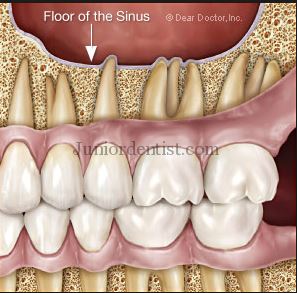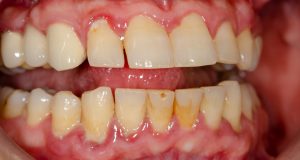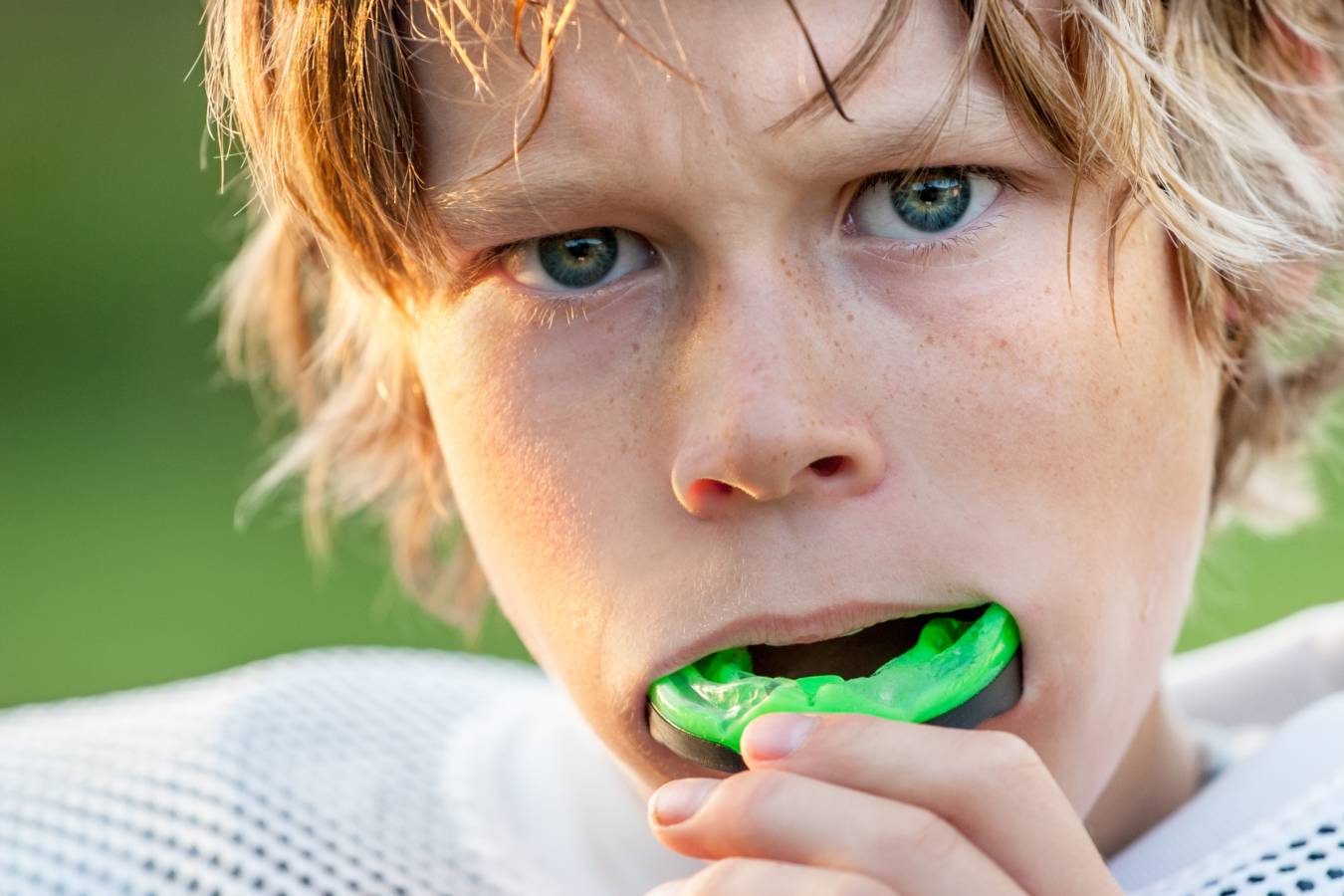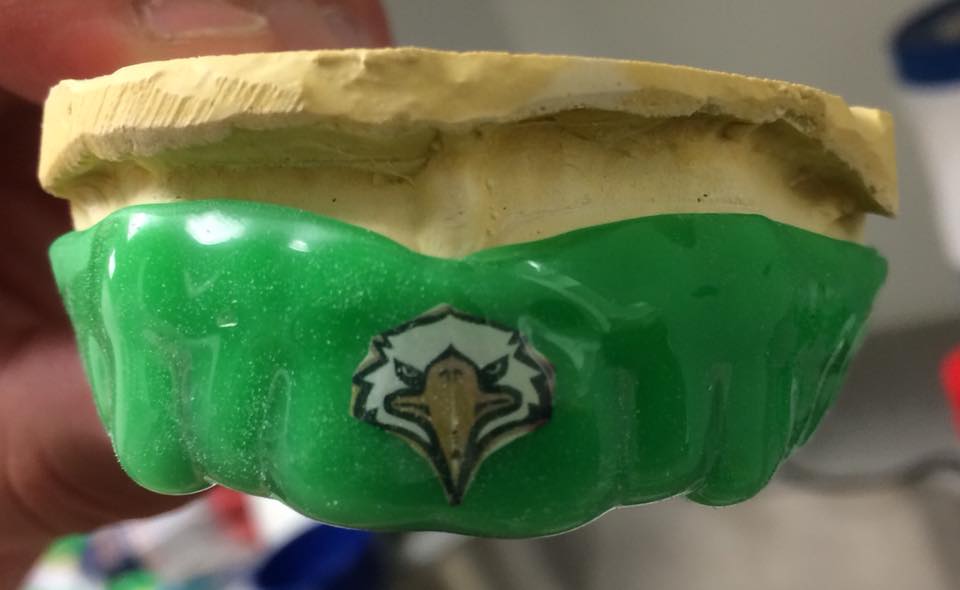Dental offices across Canada are temporarily closing due to the COVID-19 or "coronavirus" outbreak in order to "flatten the curve" and do our part to limit the spread of this virus. Here's what you need to know about how we are handling the situation and answers to frequently asked questions about how this pandemic may impact your dental treatment.
Why are dental offices closing?
Dental treatment, including many routine procedures such as dental cleanings, produce “aerosols” or liquid particles that can carry viruses and other microbes. This is why our team members always wear appropriate dental masks while performing procedures, and use other methods such as the rubber dam, to protect ourselves and patients from potential infections.
However, dental professionals are at higher risk than others of contracting the COVID-19 virus, despite proper protocols and use of personal protective equipment. So, as a precaution, we have been asked to stop all elective dental work until further notice.
Will my upcoming dental appointment be cancelled?
We have already been using this downtime to contact all our scheduled clients over the next few weeks and have been trying very hard to re-appoint their dental treatment in a timely manner. We are making efforts to expand our hours in the coming months to help expedite this process.
At this time, we are only re-scheduling appointments until the end of March and we hope to be back at work as soon as possible. However, this will require public health officials to assess the risks of doing so. If they see positive indications of slow COVID-19 spread and possible containment, the recommendations for social distancing will ease. As time goes on and more is understood about the virus, we will have better recommendations on how individuals can protect themselves from the virus. There are also ongoing concerns about access to personal protective equipment, such as masks, that may limit our ability to work safely.
I suggest you keep up to date on our progress by following us on Facebook or Instagram (@drcindynagel).
I visited your office recently – should I self-isolate?
All of our team members are healthy and well. None have exhibited any symptoms of the COVID-19 infection since our visit to the Pacific Dental Conference in early March.
Please know that advice from the Office of the Provincial Health Officer indicates that only those people who are one degree of separation from a potential source need to self-isolate. So, while our team members are following the new directive issued March 16th and are self-isolating until March 22nd as a precaution, we have been reassured that no one that we have been in contact with since attending the Pacific Dental Conference needs to self-isolate.
If you are concerned about symptoms or possible exposure to COVID-19 – please follow this link for the BC Symptom Self-Assessment Tool.
I have a dental emergency – now what?
Dentists are still able to address dental emergencies and offer limited treatment options during this time. A dental emergency is defined as involving severe pain, infection, or trauma. Sometimes we are able to offer help, such as prescriptions, over the phone, or we may require an emergency dental visit to assess and treat the issue. If you have a non-urgent dental concern, I recommend checking out my blog post about How to Handle Common Dental Emergencies.
If you have a concern, please call the office directly at 778-765-3928 and leave a message or follow the prompts to speak with the dentist-on-call. We will be checking the phone whenever possible over the next few weeks and will strive to get back to everyone in a timely manner.
Once you reach the dentist-on-call, you will be triaged according to the BC Dental Association Guidelines. We are not be able to offer treatment to anyone experiencing cold and flu symptoms, or has tested positive for COVID-19 and you may be directed to another office or the hospital for further evaluation.
You also have the option of seeking treatment at the emergency room, however it is recommended to avoid the hospital if possible during this outbreak.

 Although you might not feel up to it when sick, keep up with your oral care. Allowing plaque to build-up not only puts you at risk for gingivitis and tooth decay, but also encourages bacterial growth. This means a slower recovery from the cold and flu because your immune system is dealing with your mouth instead of fighting the cold or flu. Stick with your regular brushing and flossing routine. And if you really don’t have the energy, try a soothing mouth rinse.
Although you might not feel up to it when sick, keep up with your oral care. Allowing plaque to build-up not only puts you at risk for gingivitis and tooth decay, but also encourages bacterial growth. This means a slower recovery from the cold and flu because your immune system is dealing with your mouth instead of fighting the cold or flu. Stick with your regular brushing and flossing routine. And if you really don’t have the energy, try a soothing mouth rinse.
